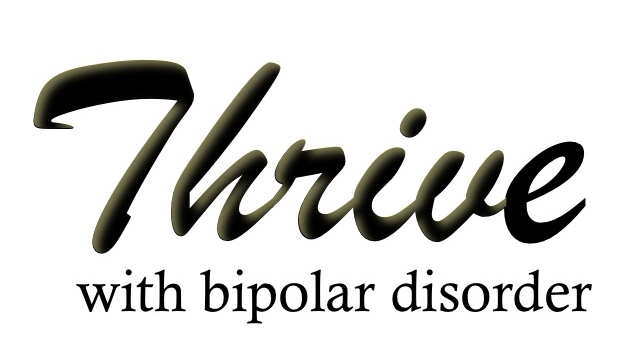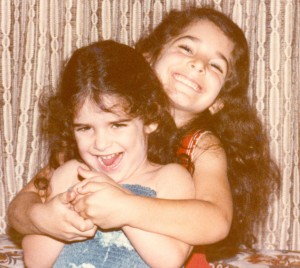How to talk with young children about Depression, Mania & Mental Illness: Strategies for talking about bipolar disorder and mental illness with children
I have worked as a therapist with parents have bipolar disorder.
Here are examples of what I share with parents to help them talk with their children about bipolar disorder.
I will turn these ideas into a video to share with your children.
How to talk about DEPRESSION with young children
KEY: Children need to know that what you are experiencing is NOT their fault AND that there is nothing they can do to make you not feel how you feel. They need to know that they are not responsible for making you happy or changing your mood.
Here is how I encourage people to talk about DEPRESSION with children.
If a child is afraid of monsters, mom or dad can say…
“Monsters are scary. I am scared of monsters too.”
“Sometimes MONSTERS come into my life, and just like you, I do my best to face them.”
“Sometimes the MONSTERS are soooo scary, that I have to go to sleep and cover up under the covers so I can face them in my dreams and win.”
“When I go to sleep, I am winning against the MONSTERS. I don’t want you to worry about me when I sleep…that is when I am WINNING.”
“Sometimes it takes a long time to WIN. But don’t worry, I will WIN.”
“Sometimes the MONSTERS make me sad and make me cry. It is a good thing to cry…it means I am facing the monsters. In order to WIN, I have to face the MONSTERS.”
“Sometimes the MONSTERS steal all of my energy. It is no fun at all. But don’t worry…when the MONSTERS do this…I will go to sleep and start WINNING in my dreams.”
“You can’t make the MONSTERS go away. But you can help me by letting me know when you see the MONSTER in my life because sometimes it sneaks into my life and I cannot see it.”
“When MONSTERS come into my life, sometimes I have so many of them that I have to go to the doctor. Don’t worry, the doctor is helping me so I don’t have too many MONSTERS.”
“When I have too many MONSTERS, I lose control and do some pretty wacky things. When that happens, it is not your fault and it is not my fault. It is the MONSTER’S fault.”
How to talk about MANIA with young children
KEY: Children need to know that what you are experiencing is NOT their fault AND that there is nothing they can do to make you not feel how you feel. They need to know that they are not responsible for making you happy or changing your mood.
How to talk about mania with young children…
“Sometimes I get the HAPPINESS BUG! The HAPPINESS BUG makes me sooooo incredibly happy.”
“The HAPPINESS BUG makes me want to dance and sing…it makes me feel that I can do ANYTHING.”
“The HAPPINESS BUG gives me so much energy and makes it so that I can’t sleep.”
“When I can’t sleep, it is scary. I really want to sleep, but the HAPPINESS BUG doesn’t want me to, it wants me to play.”
“Sometimes the HAPPINESS BUG plays way too much for me…and it cheats in the games we play…and it makes me soooo angry.”
“When I get angry…I am never angry at you. I am angry at the HAPPINESS BUG for cheating in our game.”
“You can’t make the HAPPINESS BUG go away. But you can help me by letting me know when you see the HAPPINESS BUG in my life because sometimes it sneaks into my life and I cannot see it.”
“When I get the HAPPINESS BUG, sometimes I have so many of them that I have to go to the doctor. Don’t worry, the doctor is helping me so I don’t have too many HAPPINESS BUGS.”
“When I have too many HAPPINESS BUGS, I lose control and do some pretty wacky things. When that happens, it is not your fault and it is not my fault. It is the HAPPINESS BUG’s fault.”
A key for talking with children about bipolar disorder is we want them to know:
“When I am sad or angry, it is never ever your fault.”
“You do not make me sad or angry. I love you very, very much.”
“Sometimes the MONSTER keeps me from being able to be happy. It is NOT your fault, ever.”
“Sometimes the HAPPINESS BUG makes me really, really angry. It is NOT your fault, ever.”



